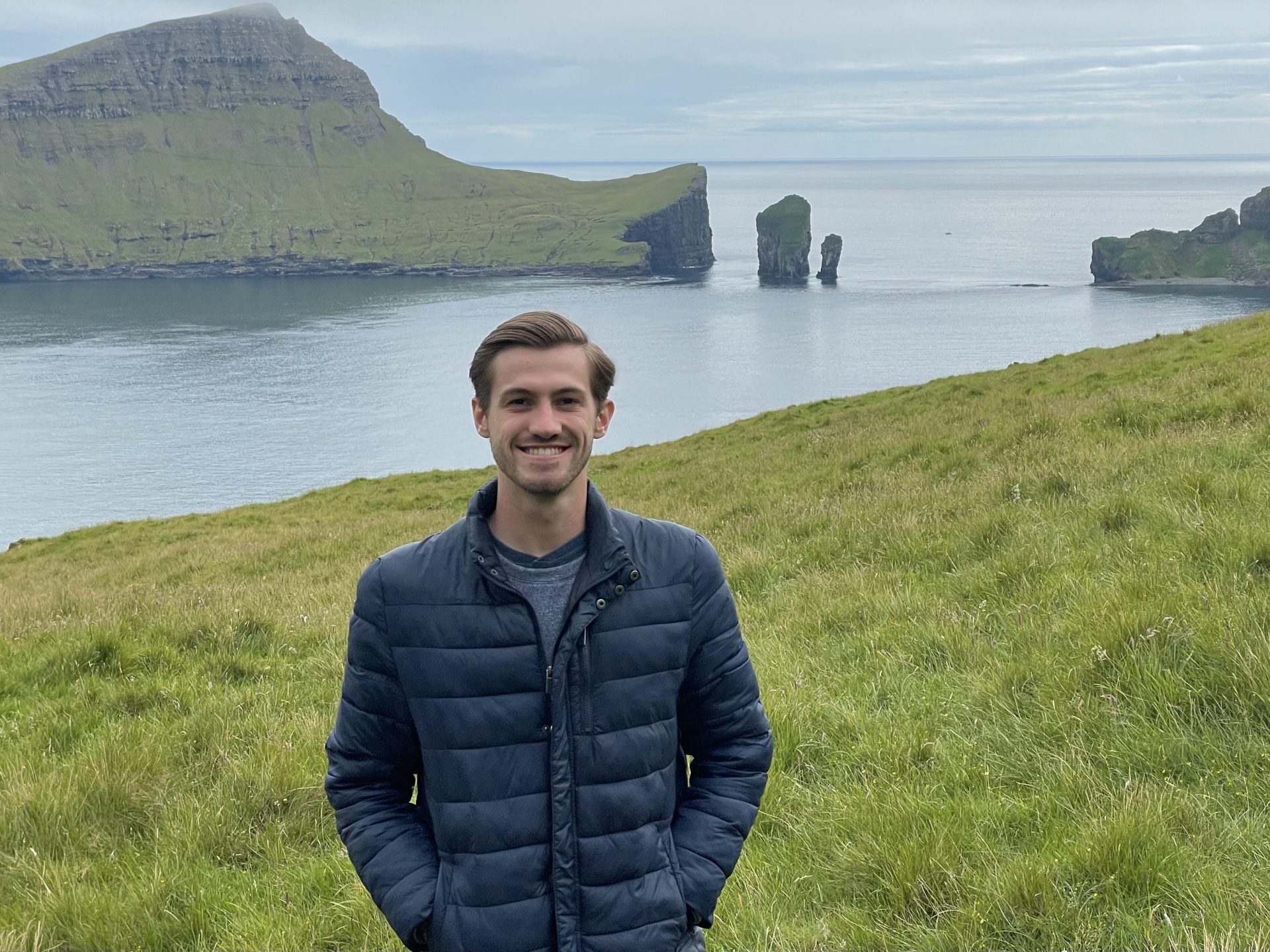Kristen Riedinger: Graduate Spotlight

August is National Water Quality Month, serving as a reminder to protect and make the most of the fresh water sources we have. Clean water is vital to our individual health, our collective agricultural needs, and the needs of our environment. This month, CEE highlights graduate student Kristen Riedinger, who is the co-president of the MIT Water Club.
Hometown: Naperville, IL
Graduation year: 2026
Advisor: Desirée Plata
As co-president, tell us a little about the MIT Water Club and its purpose?
The main purpose of MIT Water Club is to be a network for water research and innovation at MIT. We bring together creative, passionate, and motivated individuals to explore ways by which research, innovation, and policy can help solve the most pressing challenges in the water sector. We do this through a few large-scale annual events, as well as ongoing collaborations and smaller events throughout the year.
What’s the focus of your research?
My research focuses on the contamination of drinking water with harmful organic compounds. Specifically, I study N-nitrosamines, which are a family of organic contaminants that are ubiquitous in the environment, harmful to human health, and difficult to measure and treat at health-relevant levels. One N-nitrosamine of particular interest is N-nitrosodimethylamine (NDMA) due to its high rates of detection and toxic effects. In addition to environmental contamination from hazardous waste disposal, these and other compounds can be formed as disinfection byproducts (DBPs) when chlorine is added to disinfect drinking water. I work on collecting samples of drinking water from nearby communities, so that I can measure these contaminants at very low levels. This helps us understand how much of these chemicals people are being exposed to in their water and what might be making the problem worse.
What causes poor water quality?
Pollution may enter water sources in a few common ways. Organic and inorganic chemical contaminants from industrial use can migrate into bodies of water due to leakage or improper disposal, fertilizers and pesticides from agricultural use can be washed into waterways, and sewage can leak into water supplies. Disinfection of drinking water with chlorine has greatly reduced the prevalence of waterborne diseases in the United States, but this can also cause other contaminants to form in small amounts.
What are some ways we can protect our water quality?
Try to limit the use of pesticides and fertilizers, make sure to dispose of any household hazardous waste properly (e.g., motor oil, antifreeze, household cleaners, medicines), and regularly maintain septic systems. You can also volunteer with a local watershed protection organization!



